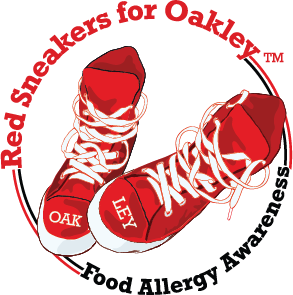The Many Ways Food Allergies Affect the Entire Family
The psychological well-being of allergic children and their families/caregivers is so important. Regardless of the pathophysiological mechanisms, food allergies can have a profound effect on a family’s life. How?
There are so so many ways, but here are a few...
Grocery shopping, cooking dinner, and preparing snacks become challenging, as food package labels do not consistently list food allergens.
Some families limit vacations requiring airplane journeys or overnight stays.
While dining out, families tend to frequent the same “safe” restaurant over and over, or they may avoid eating out altogether.
Healthwise, parents become concerned about nutritional deficiencies and negative impacts on their child’s growth.
Caregivers may need to reduce work hours or quit their jobs. And if parents must change schools or choose to homeschool their children, the whole family’s life is uprooted.
Many families passively wait years to see if their child outgrows their food allergies. This type of situation can lead to the development of a host of psychological problems in children — depression, anxiety, and being bullied in school.
At the same time, parents, as caregivers of their food-allergic children, can experience emotional stress, including anxiety, depression, and hypervigilance.
As the rate of food allergies continues to rise, the psychological repercussions will become increasingly salient.
Even prior to receiving a definitive diagnosis by a physician, families with food allergies can have emotional distress. After all, wait times to see a specialist/allergist can be long.
Due to limited guidance, patients and their families attempt to adjust their habits in order to avoid suspected allergens.
